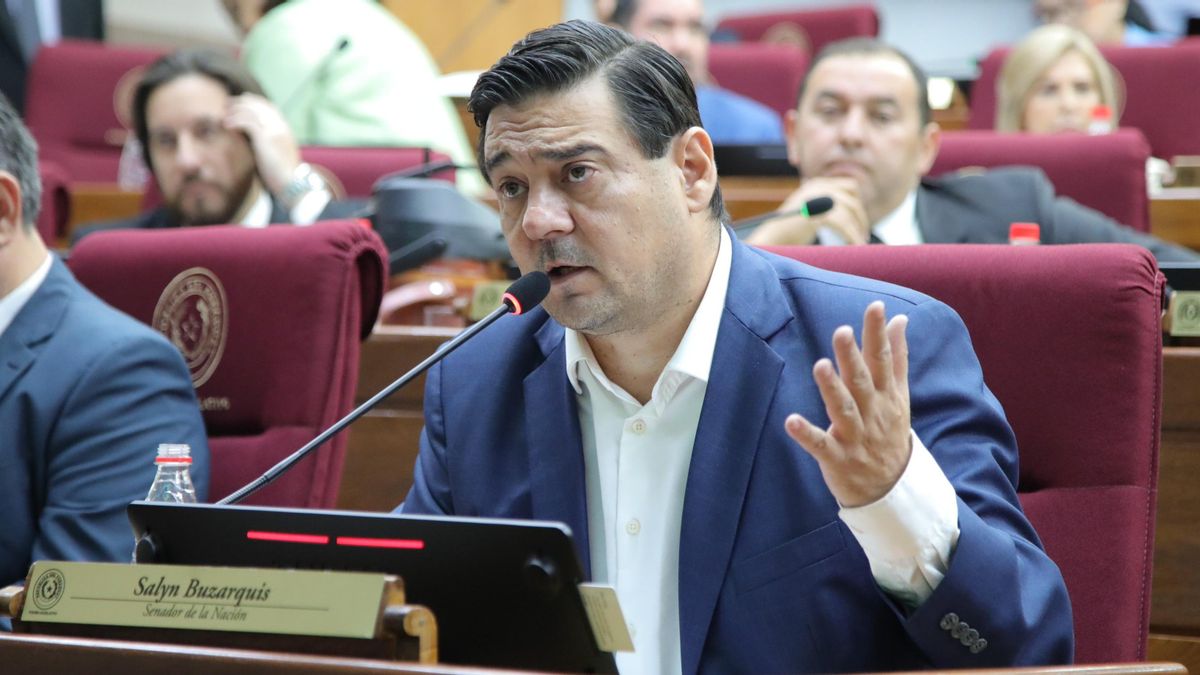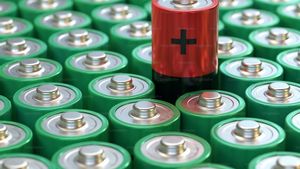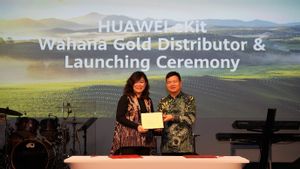JAKARTA - Paraguay senators have been holding back progress regarding the proposed cryptocurrency mining ban last week, WHERE officials are now considering the benefits of selling excess energy from the Itaipu hydropower plant to miners rather than exporting it to Brazil and Argentina.
Debates will be held in a public hearing on April 23 to discuss the benefits and disadvantages of Bitcoin mining in the country, Senator Lilian Samaniego confirmed in a Senate session on April 10.
This comes about a week after policymakers introduced a bill on April 4 to temporarily ban Bitcoin mining for 180 days, claiming that illegal cryptocurrency mines had stolen electricity and disrupted the country's electricity supply.
However, a few days later, Paraguay legislators approved a declaration to support local and foreign investment infrastructure four days later on April 8, which Senator Salyn Buzarquis expects to encourage the Paraguayan Ministry of Industry to study economic gains from selling excess energy to Bitcoin miners.
In a letter to Congress on April 8, Buzarquis noted that 45 licensed cryptocurrency miners are seeking to generate 48 million US dollars for the National Electricity Administration (ANDE) by 2024 with this figure expected to reach 125 million US dollars by 2025 after miners installed more equipment.
With electricity production costs at the Itaipu Paraguay hydropower plant ranging from 350,577 rupiah per megawatt-hour (MWh), ANDE can generate a 45% net profit margin by selling excess energy to local Bitcoin miners for 637,440 rupiah/MWh.
This is equivalent to 1,165,860,926 rupiah per year and around 270,194,294 rupiah in added value tax for the state treasury, which Buzarquis noted, which later claimed that Bitcoin mining operations could even save ADE from bankruptcy.
"This current fund will save ADE from bankruptcy; to be able to invest more in infrastructure and not increase fares for the Paraguayan people," he said.
According to Buzarquis Paraguay, currently sells energy to Brazil at a subsidy rate of 159,620 rupiah/MWh.
SEE ALSO:
The cryptocurrency mine could also create more job opportunities for the local economy, Buzarquis added in a Senate session on April 10.
In the previous draft law on April 4, legislators argue that there have been 50 cases of cut-off electricity supply associated with cryptocurrency miners illegally using these power sources since February.
If passed, this could affect one of the largest industrial players, Marathon Digital Holdings, which expanded activities in Paraguay last November, by implementing 27 MW around the Itaipu hydroelectric plant.
The controversy in Paraguay comes as Bitcoin miners prepare for a half reduction event scheduled for April 20, which will cut miners' rewards from 6.25 BTC (995,703,750 rupiah) to 3.125 BTC (497,851,875 rupiah).
The English, Chinese, Japanese, Arabic, and French versions are automatically generated by the AI. So there may still be inaccuracies in translating, please always see Indonesian as our main language. (system supported by DigitalSiber.id)


















